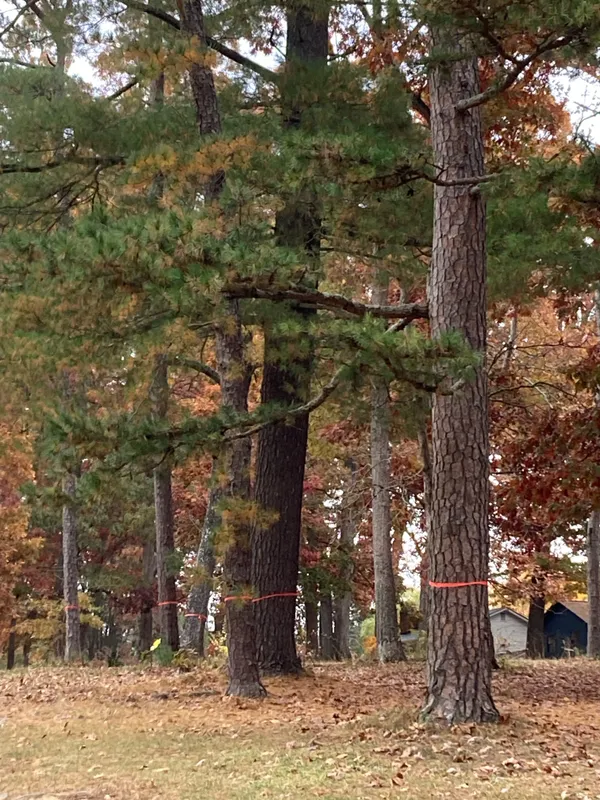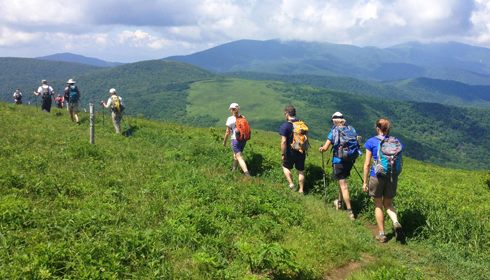Emergency-Save the Trees!
Dear fellow birders and tree admirers:
I’m asking for your help on behalf of our beloved trees at the Asheville “Muni” Golf Course. The City of Asheville recently released a plan to cut down 157 trees, the majority of which are mature canopy trees (oaks and pines) that have stood tall for decades. I’ve seen countless warblers and other migrants feeding in these trees over many years. These trees are on City property, so all of us in Asheville, and in Buncombe County, have a say in what happens next.

The previous golf course operator, Pope Golf, did a very poor job maintaining the course and its grass. The new company, Commonwealth Golf Partners, wants to look good fast with quick-fix solutions to re-grow grass by cutting many more trees than necessary. The golf course’s grass looked great just a few short years ago — underneath those same large shade trees!
Read more







